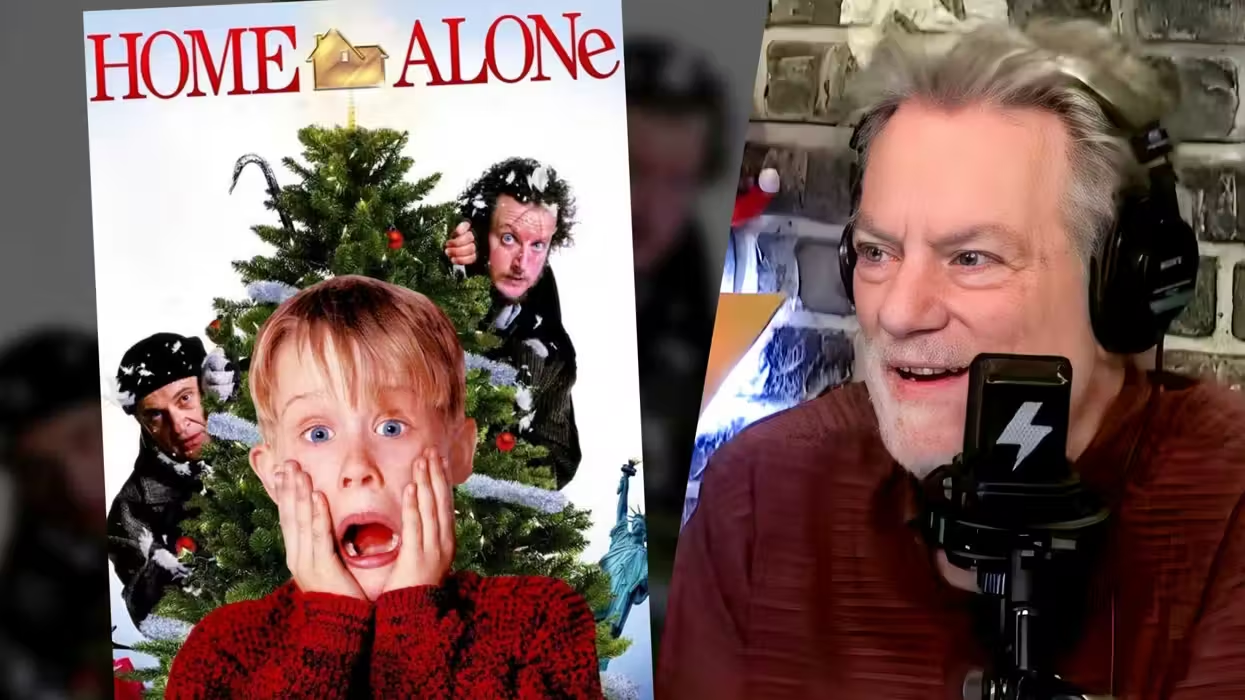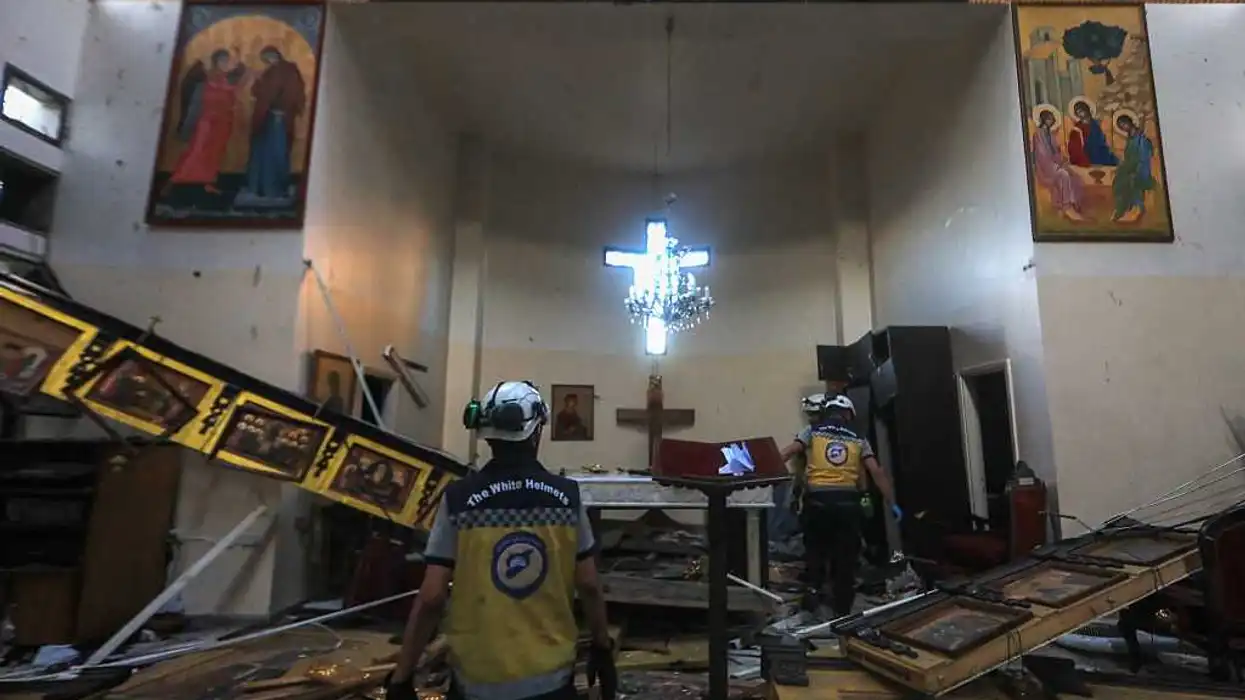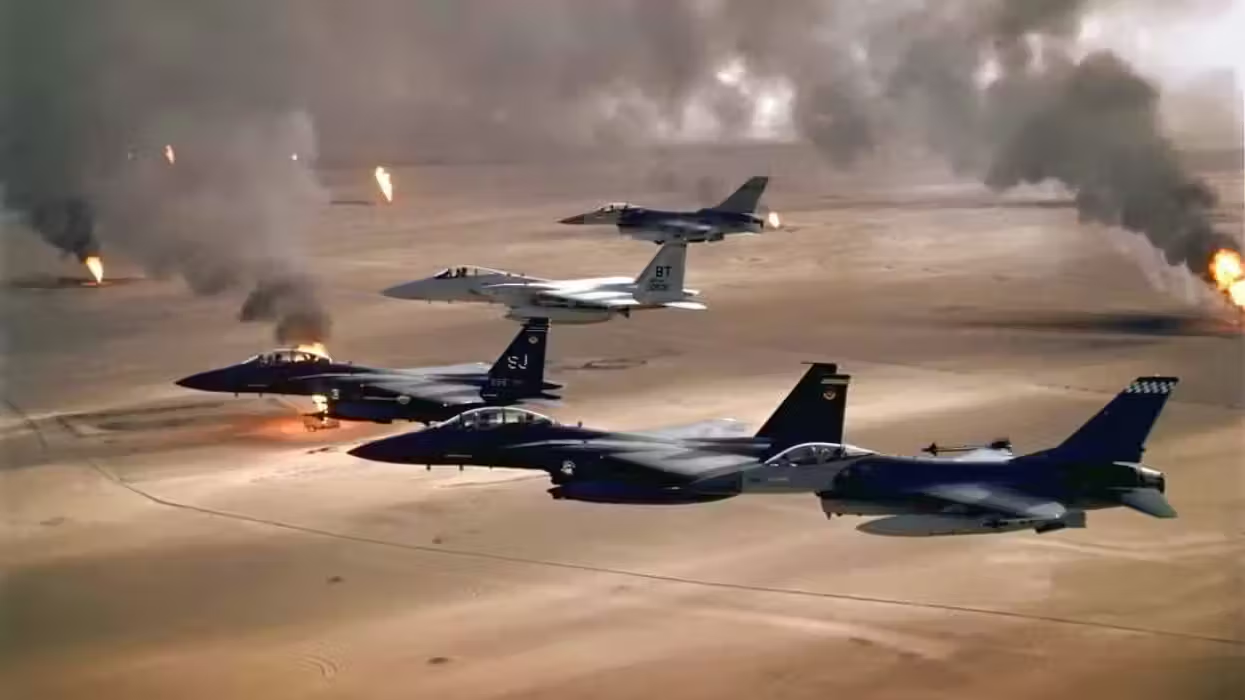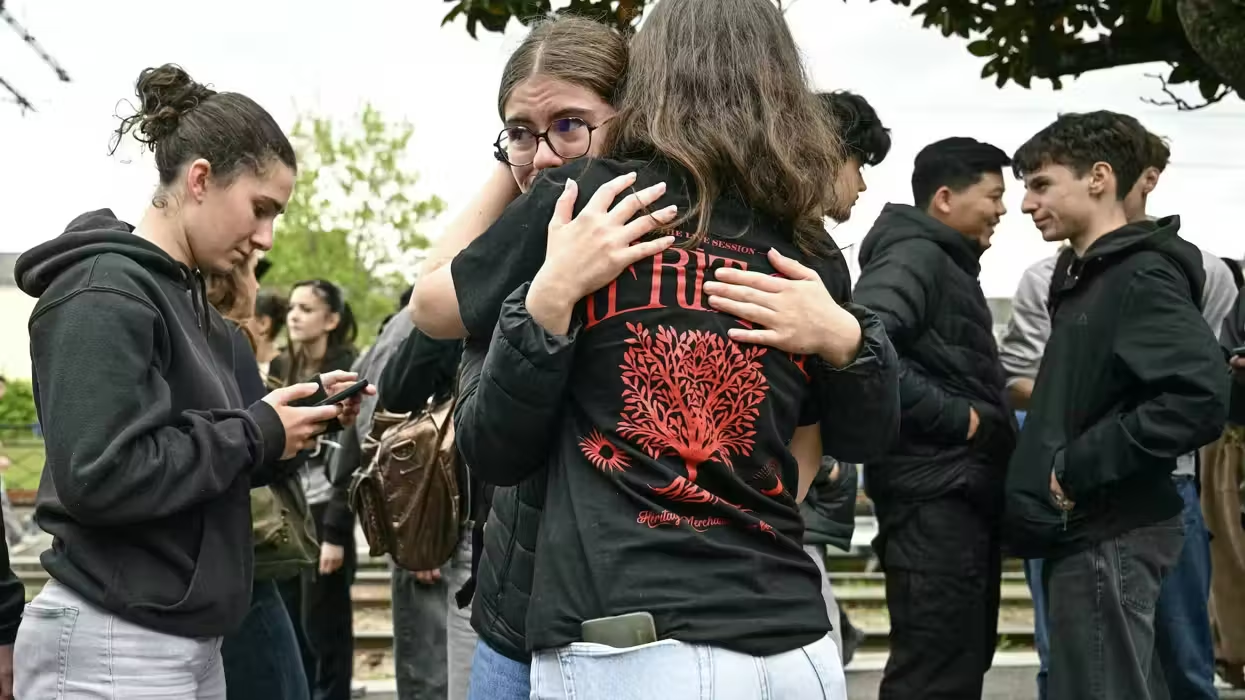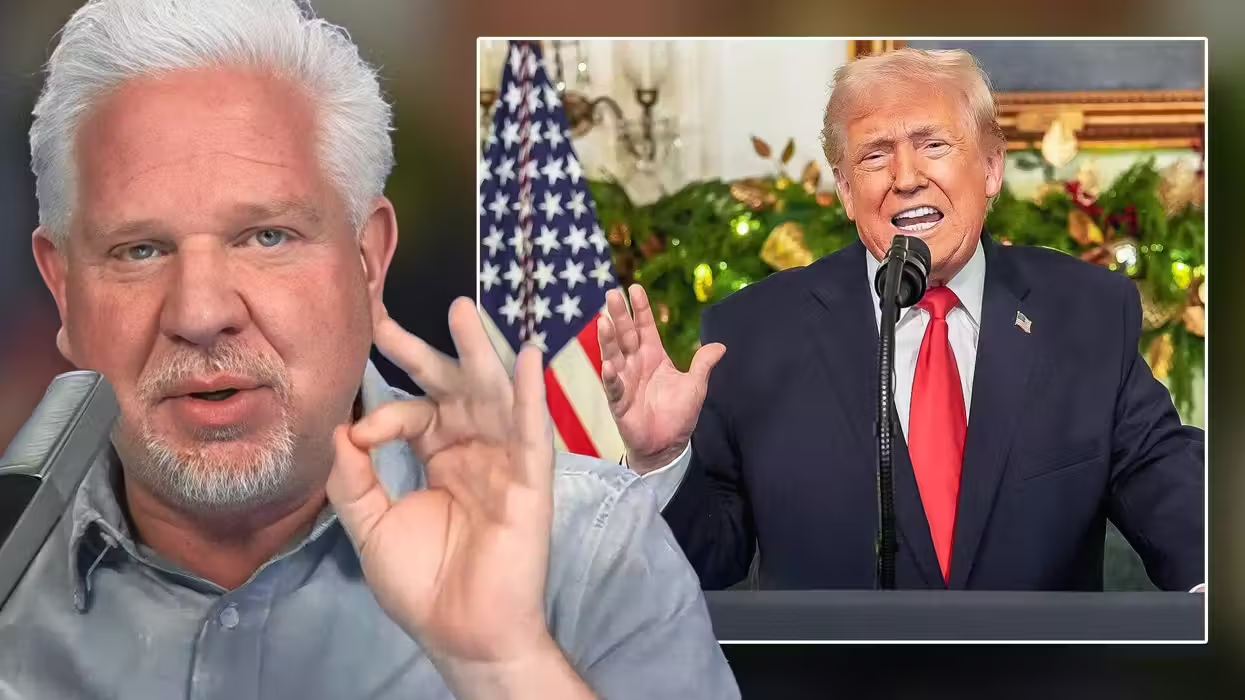The United States is considering hitting Venezuela with additional sanctions, including a possible complete ban on the importation of Venezuelan oil into the United States, according to a Reuters report.
Reuters learned the information from a U.S. official “close to U.S. internal deliberations on Venezuela policy,” but who asked to remain anonymous.
“I think (it would cause) a fairly strong shock to the oil market in the short term,” the official said, referring to the potential ban on Venezuelan oil shipments. Last year, Venezuela was the fourth largest provider of oil to the United States.
No official decisions have yet been reached. The officials said that the suffering of Venezuelan citizens would also be taken into account when deciding what sanctions should be imposed.
“Oil sanctions are not taken lightly,” the official told Reuters. “This would be a fairly strong escalation for U.S. policy, whether it’s a complete oil sanction or salami slices of different graduated steps.”
The official also said that the administration was looking at sanctions against “senior military and political figures” including Diosdado Cabello, the No. 2 official in Venezuela's Socialist Party.
These would not be the first sanctions the Trump administration has issued against the South American country. In August 2017, an executive order restricted Americans from sending money to PDVSA (a state-run oil company). President Obama also issued sanctions against Venezuela, including issuing an executive order in March 2015, which specifically targeted government officials “involved in or responsible for the erosion of human rights guarantees, persecution of political opponents, curtailment of press freedoms, use of violence and human rights violations and abuses in response to anti-government protests, and arbitrary arrest and detention of anti-government protestors.”
Venezuela has experienced increasing levels of poverty under the dictatorship of President Nicolás Maduro, who has ruled since the death of his mentor Hugo Chavez in 2013.
According to the CIA World Factbook, inflation in Venezuela exceeded 650 percent in 2017, while “people faced widespread shortages of consumer goods, the exchange rate tumbled, and central bank international reserves dwindled.”
Since he took office, Maduro has systematically been consolidating his power. In November 2013, he had the National Assembly, then controlled by his socialist backers, give him “emergency” powers. In May 2017, he managed to get the Venezuelan Supreme Court, which is dominated by his socialist supporters, to strip power from the Venezuelan Congress, which was dominated by his political opponents.


